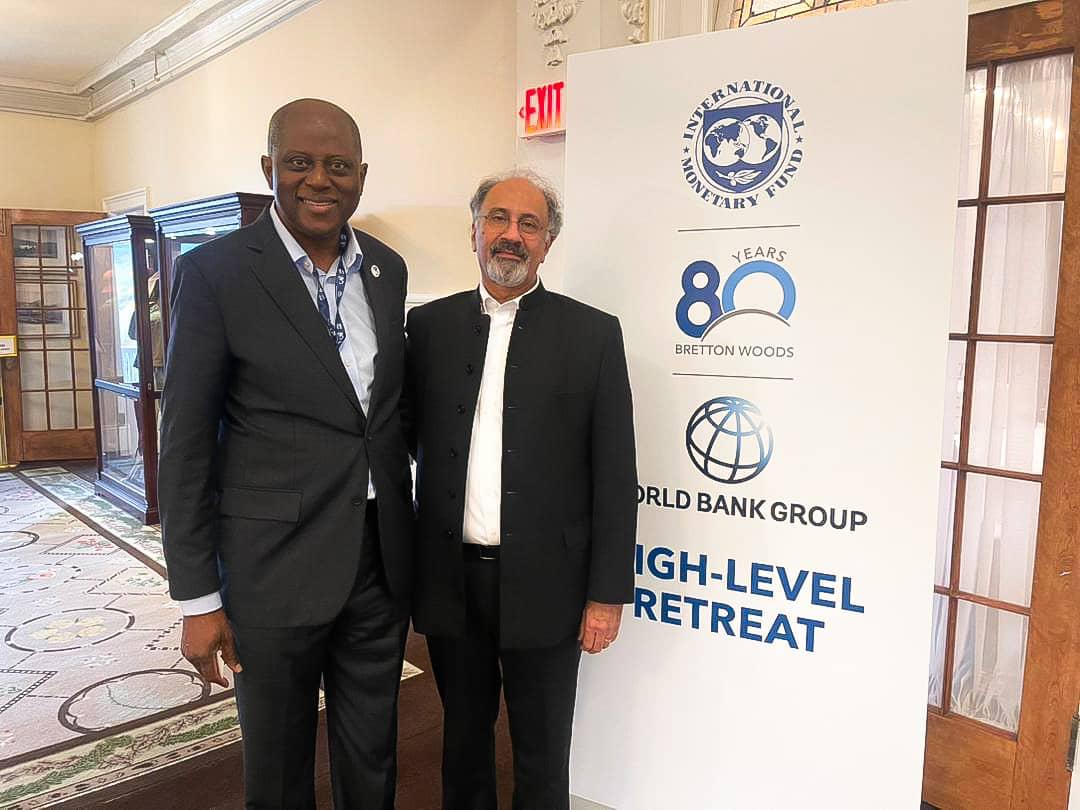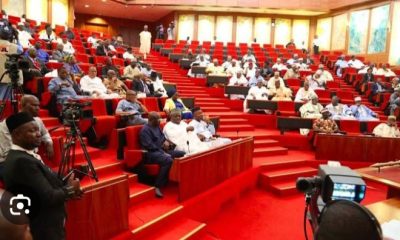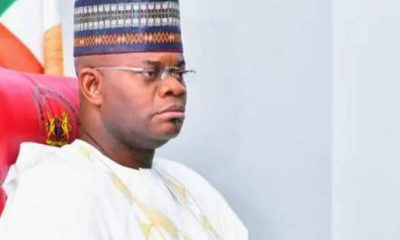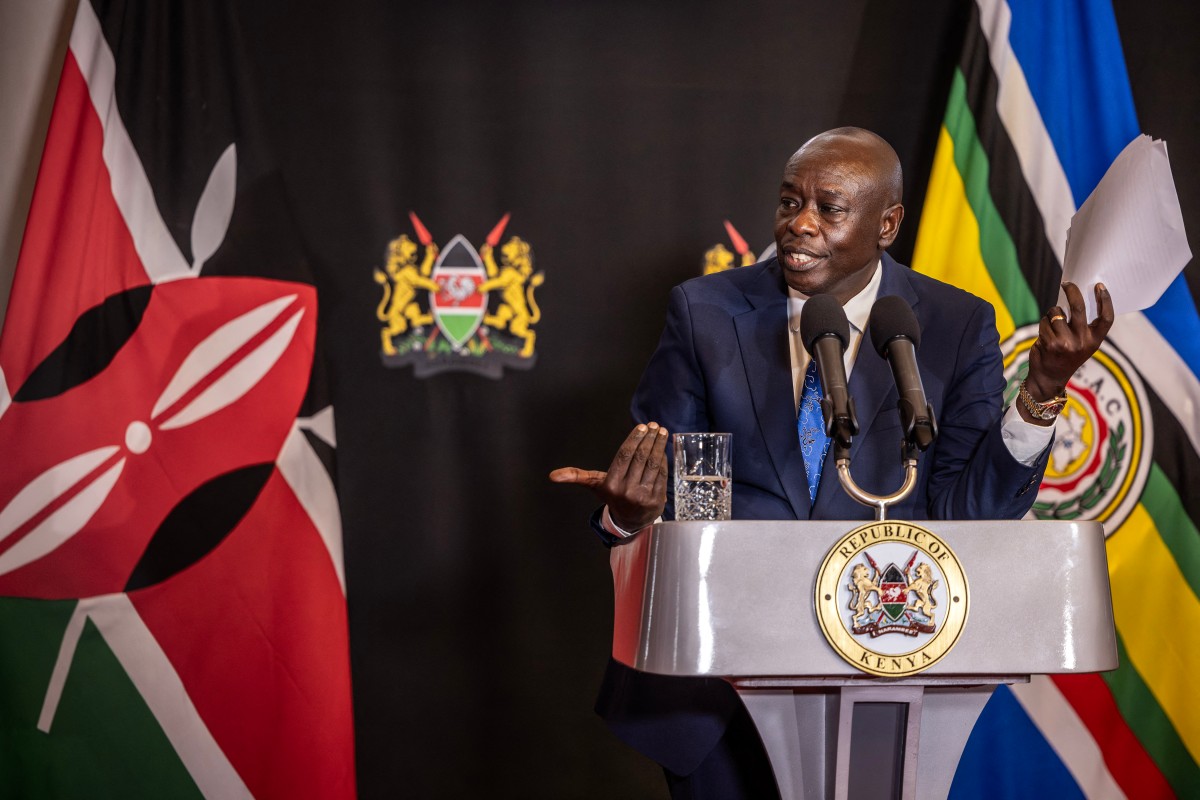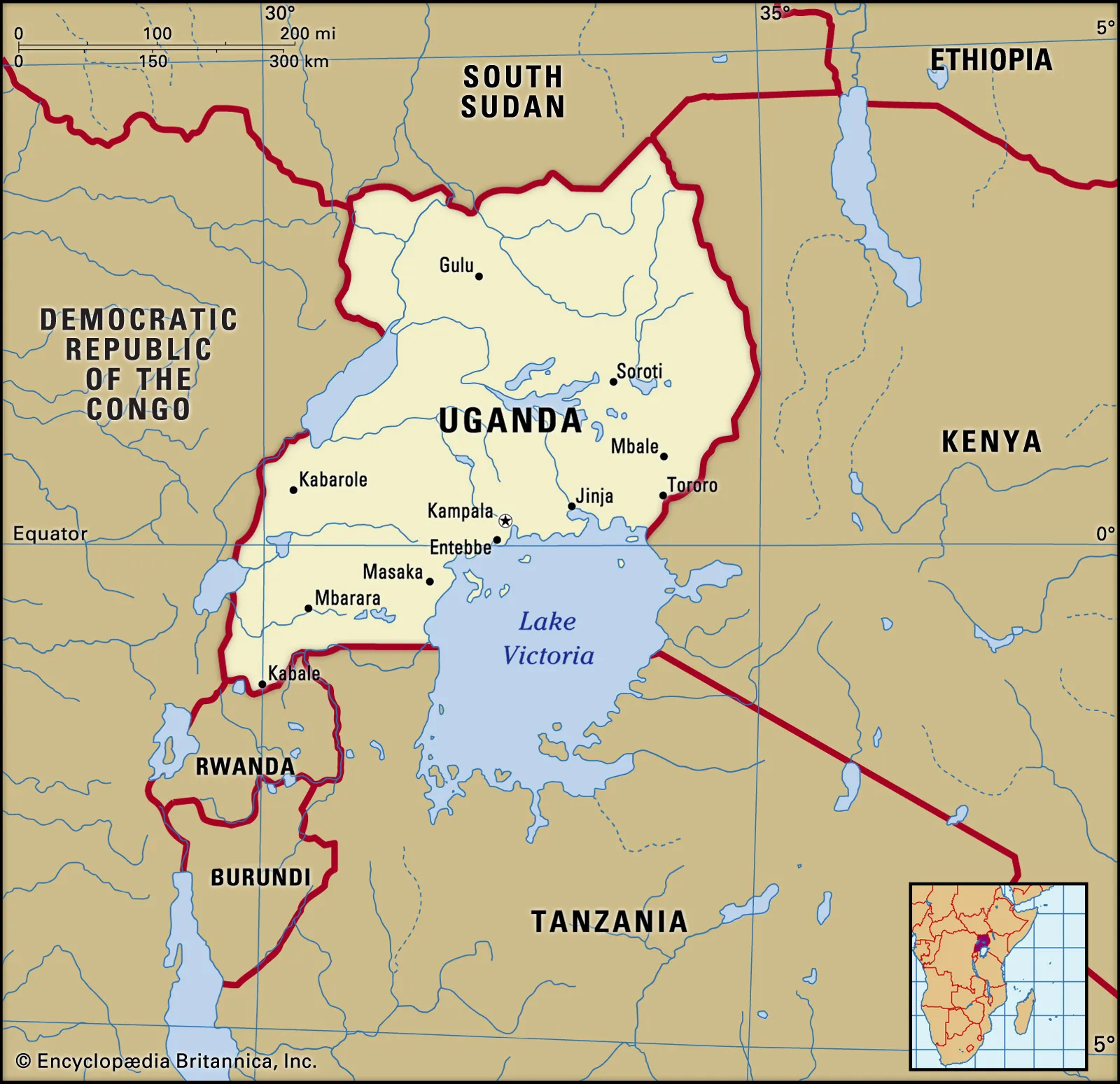Dr. Iziaq Salako, the Minister of State for Environment, mentioned that Africa is the most susceptible continent to climate change, loss of species, and biodiversity destruction.
He made this statement on Thursday in Abuja during a validation workshop for the early action support project aimed at implementing the Kunming-Montreal Global Biodiversity Framework.
After four years of consultations and negotiations, the Kunming-Montreal Global Biodiversity Framework was established during the fifteenth Conference of the Parties.
This framework aims to achieve the Sustainable Development Goals, builds on the convention’s past Strategic Plans, and outlines a pathway for global harmony with nature by 2050.
Eight months ago, the federal government initiated the process through a workshop to launch the Early Action Support Project.
Salako, who endorsed the confirmed National Biodiversity Targets and Indicators for the Nigeria National Biodiversity Strategy and Action Plan, reaffirmed the Federal Government’s dedication to protecting species at risk from over-exploitation and to enhancing and expanding protected areas.
The confirmed National Biodiversity Targets and Indicators for the Nigeria National Biodiversity Strategy and Action Plan serve as a policy tool to integrate its components into broader strategies and plans, such as national sustainable development plans, national development plans, poverty reduction strategies, and other relevant national sectoral and cross-sectoral plans, in alignment with national priorities.
Salako said, “It is clear that we must use all of the tools at our disposal to reduce the threats to biodiversity, and the Kunming-Montreal Global Biodiversity Framework is guiding our way. The African continent is more vulnerable to climate change, species loss, and biodiversity destruction than others. African environments and resources, including that of our country, have been hit hard by decades and centuries of exploitation mostly perpetrated by other countries, especially in the global north. And now our environments, our wildlife, our lands, and our peoples are most at risk.
“But Nigeria and the rest of African nations are leading the way to protect our planet’s biodiversity. Because Africa will be the most affected by the biodiversity and climate crisis, we are united in being the most ambitious in protecting our lands, our seas, our wildlife, and our people. This is our role today, as trustees of the Nigerian people, to shine the beacon of hope for the natural world. Let ambition guide you as you validate the goals, targets, and indicators that will guide Nigeria’s response to the biodiversity crisis.
Read Also: Nigeria repatriates 158 irregular Nigerian migrants from Libya
“National Biodiversity Strategy and Action Plan is the policy instrument for national implementation of the Convention on Biological Diversity. To accelerate action towards achieving the vision for biodiversity and living in harmony with nature by 2050, NBSAP must be rapidly aligned and validated with the new goals and targets of the Kunming-Montreal Global Biodiversity Framework.”
The minister emphasized that the KMGBF should be transformed into decisive actions, aligning national objectives, targets, and strategies with the critical nature of the crisis.
“Let us unite to ensure that our call for ambition for the expansion of protected areas is matched with equal ambition on finance, on halting human-induced extinction of wild species, on mutual accountability to halt forest loss and degradation, on securing species recovery and the restoration of jeopardized ecosystems,” he added.
The Country Representative of the Food and Agriculture Organisation, Koffy Kouame, praised Nigeria’s commitment to incorporating agrifood systems into its national plans.
Kouame, represented by FAO’s Climate Change Specialist, Nifesimi Ogunkua, promised assistance with the execution and assessment of the NBSAPs.
“At FAO, we stand shoulder to shoulder with Nigeria in this endeavour. Our commitment extends beyond mere words, as we pledge our full support to the implementation and evaluation of the NBSAPs. We recognise the importance of a holistic approach and are ready to work closely with Nigeria to achieve these goals.
“To facilitate this process, FAO has developed an impressive array of tools, frameworks, and approaches specifically designed to support the realisation of the Global 2030 targets. We believe that by leveraging these tools, Nigeria will significantly achieve its KMGBF national targets.
“FAO is open to collaborating with other partners in Nigeria. We understand the importance of collective action, and our doors are open. We are ready to work hand in hand with government agencies, non-governmental organizations, and other stakeholders to ensure the successful Implementation of the NBSAPs,” he stated

